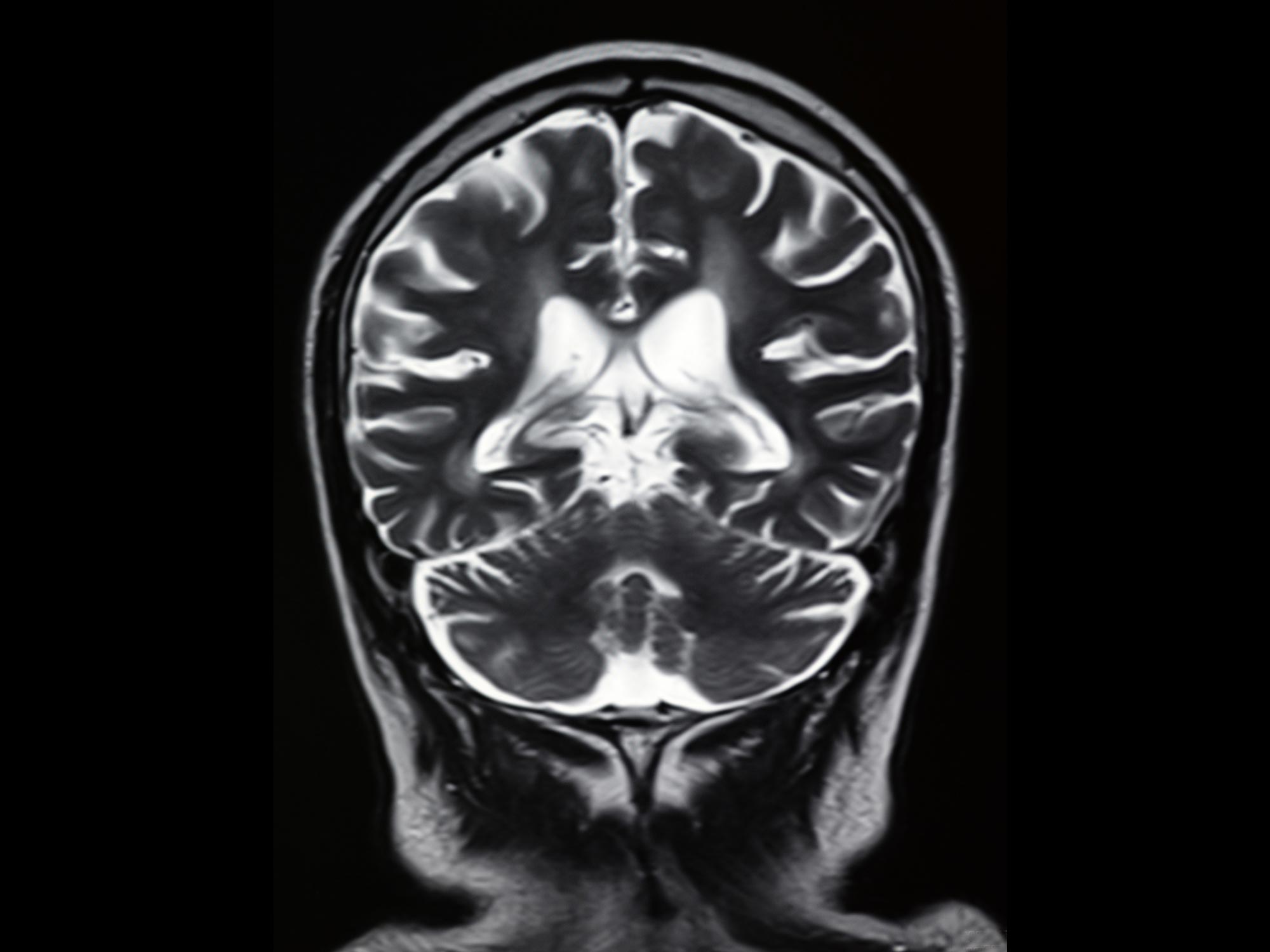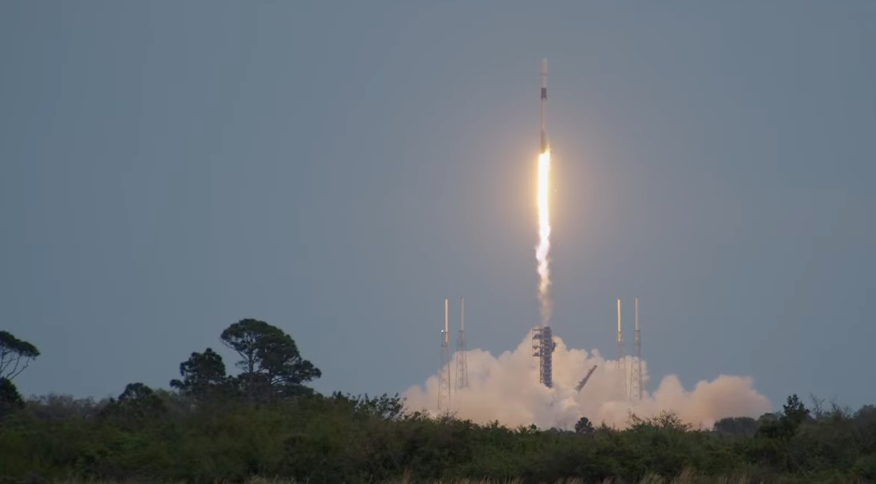Ahli saraf telah menemukan bahwa hilangnya penciuman COVID yang berkepanjangan terkait dengan perubahan di otak
Sebuah studi baru-baru ini yang dipimpin oleh para peneliti dari University of California, Los Angeles, menemukan bahwa orang yang hidup dengan COVID dalam waktu lama dan mengalami anosmia (kehilangan penciuman) menunjukkan pola aktivitas otak yang berbeda dibandingkan dengan mereka yang mendapatkan kembali indera penciuman atau yang tidak pernah terkena COVID-19. Studi observasi menggunakan pemindaian pencitraan resonansi magnetik dan menemukan penurunan aktivitas otak dan konektivitas yang buruk antara korteks orbitofrontal dan korteks orbitofrontal pada orang dengan anosmia SARS-CoV-2. Koneksi ini tidak terpengaruh pada mereka yang memulihkan indra penciumannya setelah COVID. Temuan menunjukkan bahwa kehilangan penciuman SARS-CoV-2 yang berkepanjangan mungkin terkait dengan perubahan di otak yang mencegah bau diproses dengan benar, tetapi karena secara klinis dapat dibalik, pelatihan indra penciuman dapat membantu otak mendapatkan kembali indera ini. . Studi ini juga menemukan bahwa otak orang dengan kehilangan penciuman akibat COVID-19 yang berkepanjangan dapat mengimbanginya dengan memperkuat koneksi dengan area sensorik lainnya.
Sebuah studi baru yang dipimpin oleh para peneliti di University College London (UCL) menemukan bahwa orang yang hidup dengan COVID dalam waktu lama yang mengalami kehilangan penciuman menunjukkan pola aktivitas yang berbeda di wilayah otak tertentu.
Penelitian tersebut menggunakan pemindaian MRI untuk membandingkan aktivitas otak orang dengan COVID berkepanjangan yang kehilangan indra penciumannya, mereka yang penciumannya kembali normal setelah terinfeksi COVID, dan orang yang tidak pernah dites positif.[{” attribute=””>COVID-19.
Published in the journal eClinicalMedicine, the observational study found that people with long COVID smell loss had reduced brain activity and impaired communication between two parts of the brain that process important smell information: the orbitofrontal cortex and the pre-frontal cortex. This connection was not impaired in people who had regained their sense of smell after COVID.
The findings suggest smell loss, known as anosmia, caused by long COVID is linked to a change in the brain that stops smells from being processed properly. Because it’s clinically reversible, as shown in some subjects, it may be possible to retrain the brain to recover its sense of smell in people suffering the side effects of long COVID.
Dr. Jed Wingrove (UCL Department of Medicine) the lead author of the study, said: “Persistent loss of smell is just one way long COVID is still impacting people’s quality of life – smell is something we take for granted, but it guides us in lots of ways and is closely tied to our overall wellbeing. Our study gives reassurance that, for the majority of people whose sense of smell comes back, there are no permanent changes to brain activity.”
Joint senior author, Professor Claudia Wheeler-Kingshott (UCL Queen Square Institute of Neurology), said: “Our findings highlight the impact COVID-19 is having on brain function. They raise the intriguing possibility that olfactory training – that is, retraining the brain to process different scents – could help the brain to recover lost pathways, and help people with long COVID recover their sense of smell.”
Researchers say their findings also suggest that the brains of people with long COVID smell loss might be compensating for this lost sense by boosting connections with other sensory regions: their brains had increased activity between the parts of the brain that process smell and areas that process sight (the visual cortex).
“This tells us that the neurons that would normally process smell are still there, but they’re just working in a different way,” said Dr. Wingrove.
Professor Rachel Batterham (UCL Division of Medicine), also joint senior author of the study said: “This is the first study to our knowledge that looks at how brain activity changes in people with long COVID smell loss. It builds on the work we undertook during the first wave of the pandemic, which was one of the first to describe the link between COVID-19 infection with both loss of smell and taste.”
Reference: “Aberrant olfactory network functional connectivity in people with olfactory dysfunction following COVID-19 infection: an exploratory, observational study” by Jed Wingrove, Janine Makaronidis, Ferran Prados, Baris Kanber, Marios C. Yiannakas, Cormac Magee, Gloria Castellazzi, Louis Grandjean, Xavier Golay, Carmen Tur, Olga Ciccarelli, Egidio D’Angelo, Claudia A.M. Gandini Wheeler-Kingshott and Rachel L. Batterham, 2 March 2023, eClinicalMedicine.
DOI: 10.1016/j.eclinm.2023.101883
The study was funded by the National Institute for Health and Care Research (NIHR).

“Pemikir jahat. Sarjana musik. Komunikator yang ramah hipster. Penggila bacon. Penggemar internet amatir. Introvert.”





